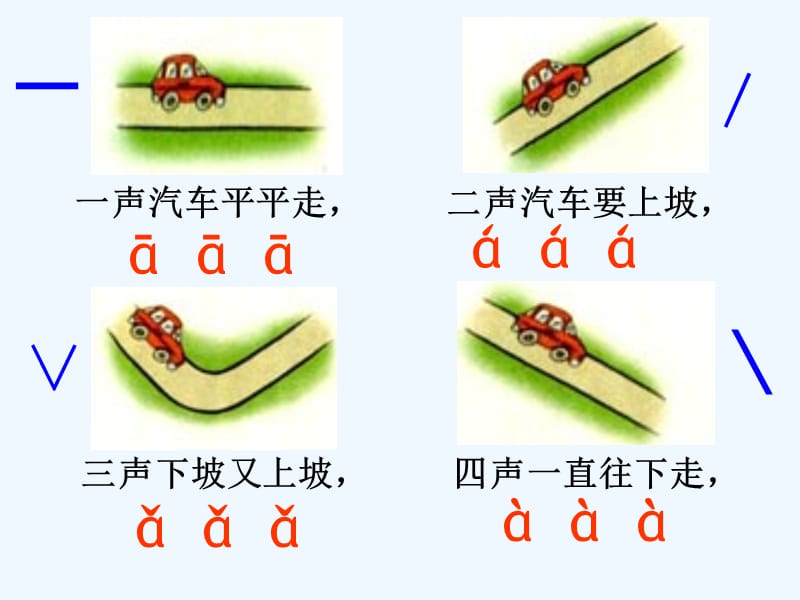Recently, topics about learning Chinese have been trending, with questions like “Is Chinese hard to learn?” and “How can you master Chinese?” sparking lively discussions among foreigners. As the global craze for Chinese grows, more people from various countries are eager to learn the language, master it, and understand China. Learning Chinese is seen not only as a trend but also as a new opportunity.
1. Global Surge in Chinese Learning, Led by Young People
“I want to master Chinese and study in China someday.” In Uzbekistan, a technical college recently launched a Chinese language program, with the first batch of learners including teachers, researchers, and students. Top performers will earn opportunities to study in China.
The enthusiasm for Chinese among young people is skyrocketing. Uzbekistan’s Minister of Preschool Education, Agrippina Shin, noted that the Chinese learning fever is heating up, with students from elementary schools to kindergartens picking up the language. Many parents strongly support their kids’ efforts.

In Russia, the career benefits of learning Chinese are driving interest. Data shows that experts fluent in Chinese earn 10–15% more on average than those fluent in European languages.
Tomsk State University professor Artem Dankov said that in Russia, interest in Chinese is growing daily. To meet this demand, Russian experts have developed a new Chinese teaching curriculum.
In Greece, the rising demand for Chinese is tied to business opportunities. Learner Olin remarked, “More Greek companies are doing business with China. If you know Chinese, you have way more job options.”
In countries like Italy, Thailand, Australia, Egypt, and Brazil, Chinese is gaining traction, especially among young learners from kindergarten to high school, who are becoming the biggest driver of this trend.
Rough estimates suggest that about 25 million people outside China are currently learning Chinese, with nearly 200 million having studied or used it at some point.
2. Understanding Chinese Language Features to Overcome Challenges
Among learners, the question “Is Chinese hard?” often sparks heated debates. Tones and writing can feel daunting for some foreigners. However, these are exactly what make Chinese unique and charming.

Li Hua, a professor at Northwest Normal University’s International Cultural Exchange College, explained that Chinese uses logographic characters to represent syllables, which leads to many homophones and makes character learning a challenge.
As an ideographic script, Chinese conveys meaning through radicals as the script evolved. In teaching, explaining radicals can help students better understand character structure and meaning, boosting their confidence in learning Chinese.
Aina, a former international Chinese teacher volunteer in Brazil, believes that since Chinese writing differs from students’ native language habits, it’s crucial to introduce characters early, teach their patterns, and help students overcome psychological barriers.

3. Learning Tips from Chinese Learners: Find Your Passion
Beyond these methods, many Chinese learners have their own tricks. Tianshui from Turkey loves learning Chinese through music. “I’m obsessed with Chinese songs. Outside of class, I’m always listening to and learning to sing them.”
Tang Xilan from Russia is passionate about Chinese poetry. She finds its rhythm makes it easy to memorize and offers insights into Chinese culture, significantly improving her language skills.

For Serbian learner Yelena, watching Chinese TV dramas is both entertainment and study material. It helps her practice listening skills while reading subtitles to boost character recognition speed.
David, a Russian youth fluent in Chinese, is fascinated by Chinese calligraphy. To him, characters are like paintings, and calligraphy brings their beauty to life. “After discovering Chinese characters, I’d spend all day practicing pinyin and pronunciation, completely hooked,” David said.









